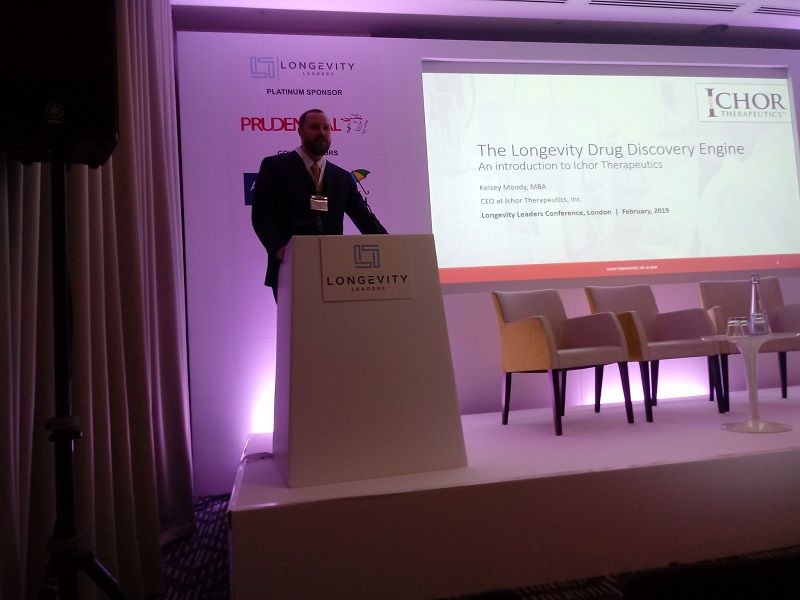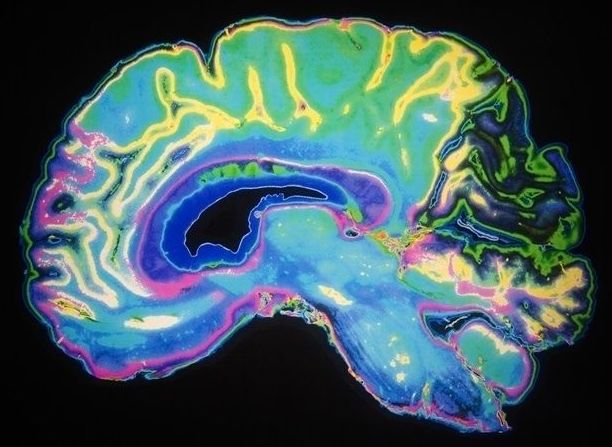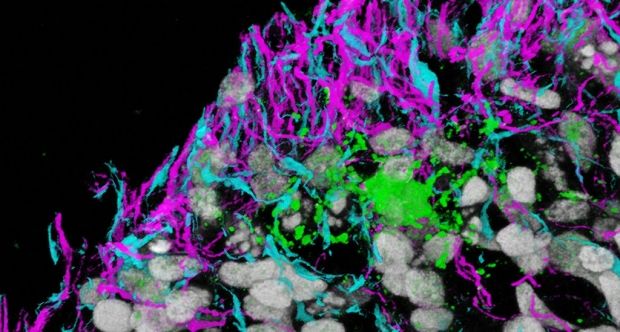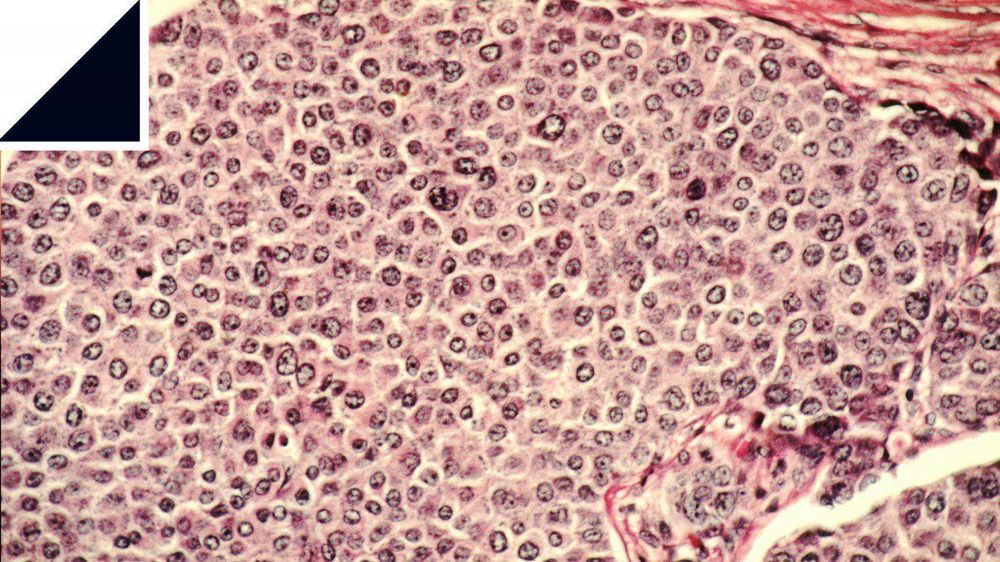Feb 12, 2019
Researchers closer to new Alzheimer’s therapy with brain blood flow discovery
Posted by Paul Battista in categories: biotech/medical, neuroscience
By discovering the culprit behind decreased blood flow in the brain of people with Alzheimer’s, biomedical engineers at Cornell University have made possible promising new therapies for the disease.
You know that dizzy feeling you get when, after lying down for an extended period, you stand up a little too quickly?
That feeling is caused by a sudden reduction of blood flow to the brain, a reduction of around 30 percent. Now imagine living every minute of every day with that level of decreased blood flow.
Continue reading “Researchers closer to new Alzheimer’s therapy with brain blood flow discovery” »
















